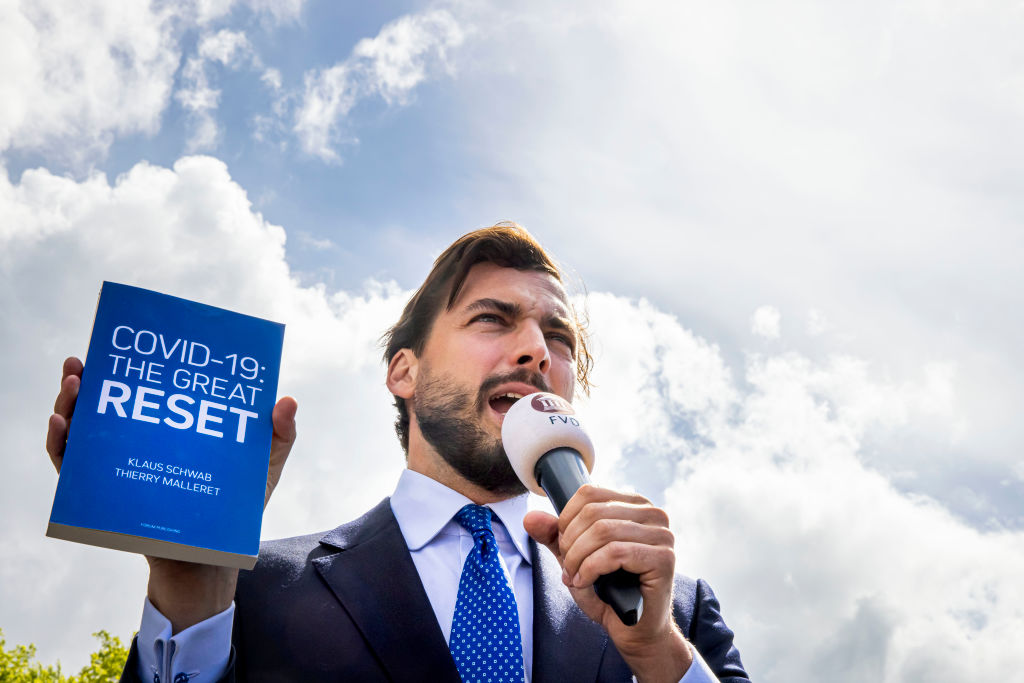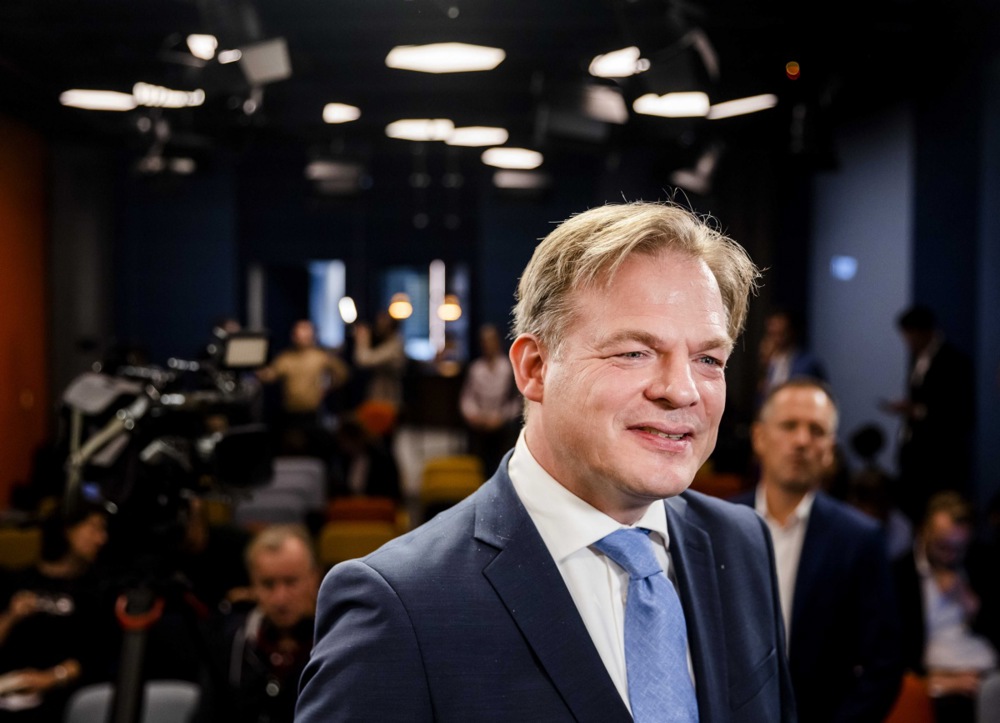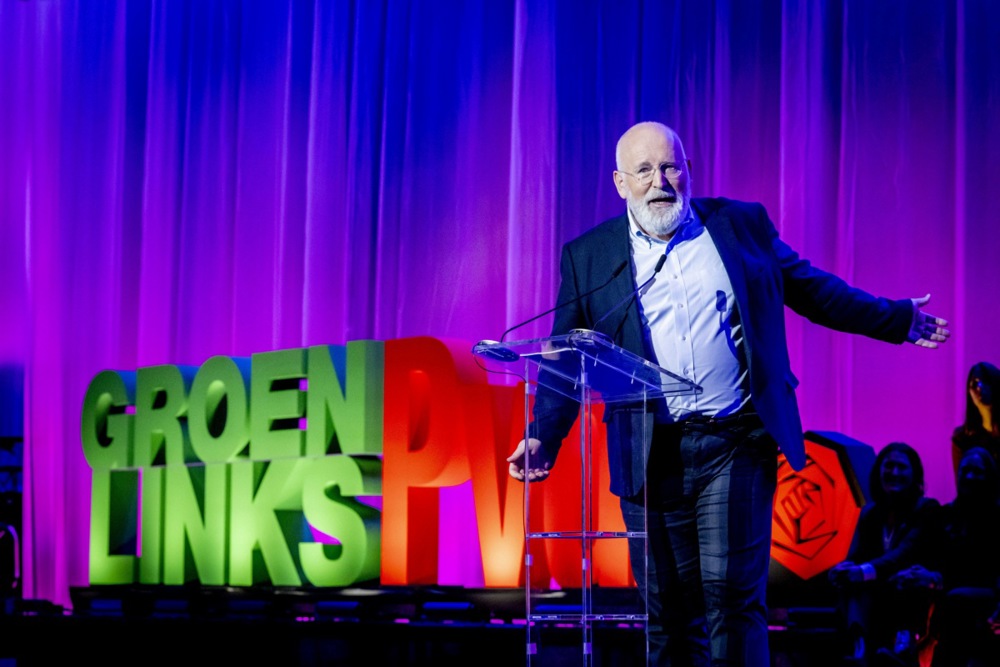Mark Rutte, the outgoing Prime Minister of the Netherlands, said he might be willing to become the next Secretary General of NATO.
Speaking on Dutch radio on October 28, Rutte said it would be “very interesting” to be able “to contribute” to NATO at a time when the world is changing fast.
Rutte indicated he was not planning to lobby for the top job and chances of him becoming the next Secretary General were rather slim. He said the role would most likely go to a woman, “and that would be a good thing”.
In any event, Rutte said he does not wish to “become a commissioner” at a big company or “begin giving speeches about my time as prime minister”.
“I find all of that very sad,” he said.
He added that, for now, he did not see himself working in Brussels.
The current Secretary-General, Norwegian Jens Stoltenberg, has stated his desire to step down from the post. He has been in charge of NATO since 2014 and his mandate was extended again earlier this year when the search for a successor proved tougher than expected.
He will continue to serve in the post until October 2024. Observers expect this is to make it possible to give the job to the current European Commission President Ursula von der Leyen. Her European term will end with the European Parliament elections in June 2024.
Until recently, Rutte had said he would not be seeking a high-profile role on the international stage. He already teaches part-time at a local school and has said in the past he might become a full-time lecturer. In September, he said other functions were also an option.
Rutte described the premiership as “gruelling work” in the radio interview. “You have to be focused all day.” He stated it was difficult dealing with jetlag and numerous nightly meetings.
Renowned for his political survival skills, he has been prime minister of the Netherlands since October 2010, the longest-serving leader to have held that office in his country. He has led his own VVD party for 17 years.
During the interview Rutte admitted he felt he should have left earlier.
“If you do this for a long time, your effectiveness reduces,” he explained.
One of the repercussions has been that “you must also make more concessions in order to eventually form another government”, he said.





